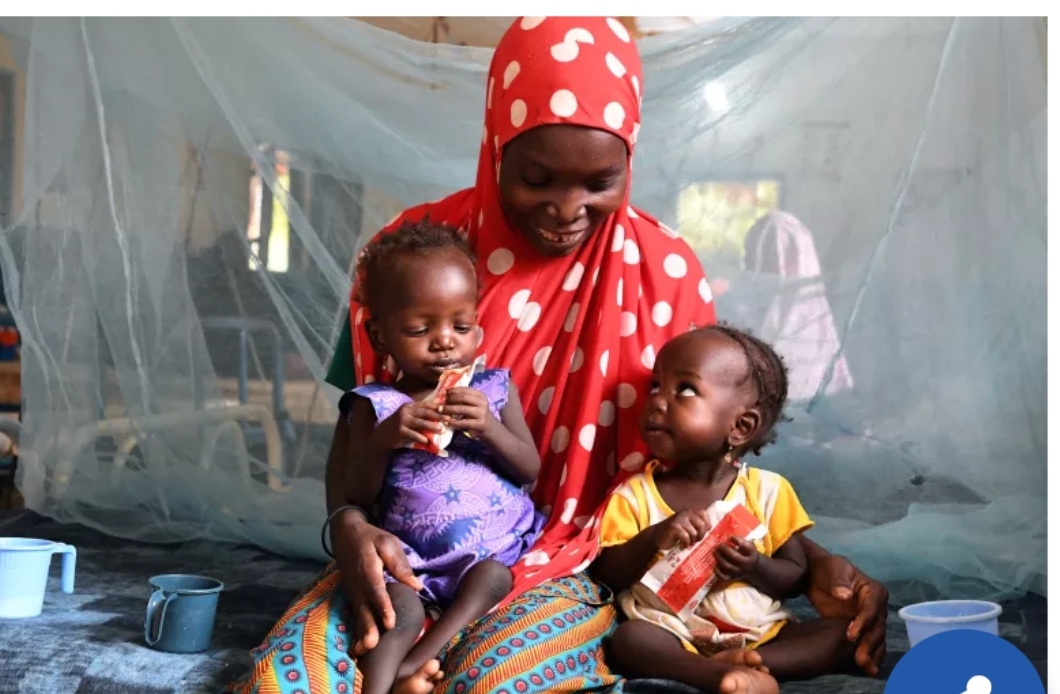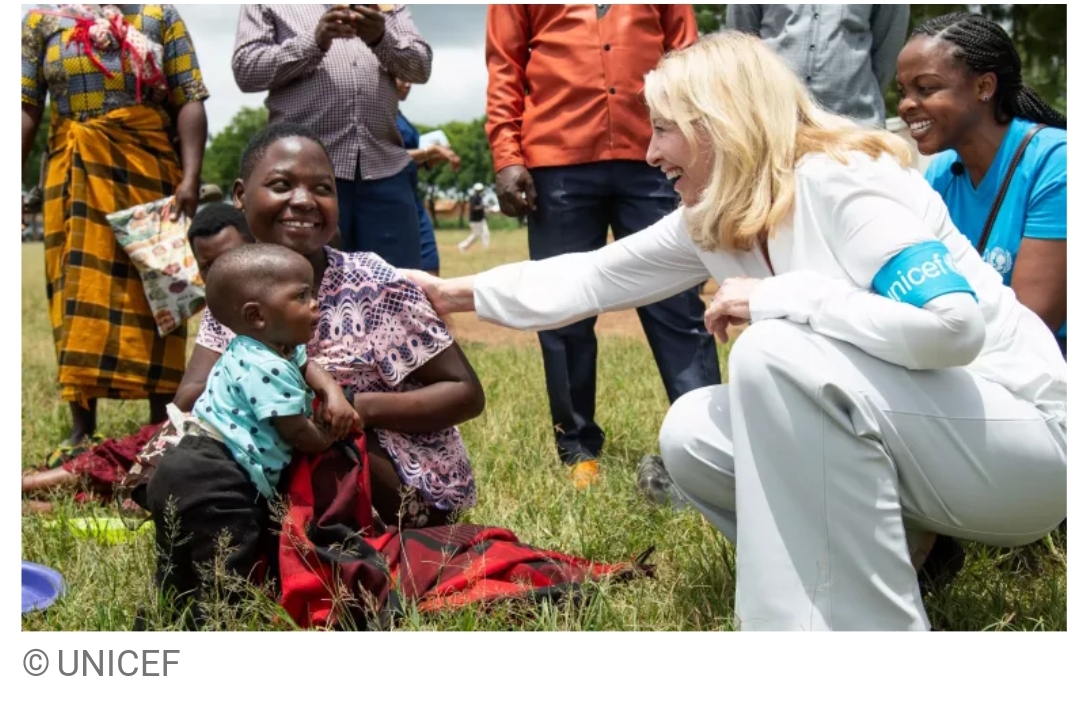Nearly Two Million Children at Risk of Death Due to Malnutrition Funding Shortages, UNICEF.
NEW YORK:
UNICEF has issued a critical warning that nearly two million children suffering from severe acute malnutrition, or wasting, are at risk of death due to significant funding shortages for life-saving Ready-to-Use Therapeutic Foods (RUTF). The agency is launching an urgent appeal for US$165 million to ensure these vulnerable children receive the treatment they desperately need.
Wasting rates among children under five remain alarmingly high in several conflict-affected countries, driven by economic instability and climate crisis. “Urgent action is needed now to save the lives of nearly two million children who are fighting this silent killer,” stated UNICEF Director of Child Nutrition and Development, Victor Aguayo.
Currently, 12 countries, including Mali, Nigeria, Niger, and Chad, are either experiencing or facing imminent stockouts of RUTF. If funding does not materialize, Cameroon, Pakistan, Sudan, Madagascar, South Sudan, Kenya, the Democratic Republic of Congo, and Uganda could run out by mid-2025.
The situation is particularly dire in the Sahel region, where prolonged droughts and erratic rainfall have exacerbated food shortages, pushing prices higher and increasing the prevalence of severe wasting. In Mali alone, over 300,000 children are expected to suffer from severe wasting this year, but nutrition programs have already begun running out of RUTF supplies.
In Chad, where a food and nutrition emergency was declared in February, over 500,000 children under five are projected to be affected. Although around 315,000 children received treatment earlier this year, the country is expected to deplete its RUTF supplies by the end of October.
Since launching the “No Time to Waste” initiative in 2022, UNICEF has raised over US$900 million to enhance nutrition programs. However, with the urgent need for therapeutic feeding and treatment on the rise, UNICEF stresses that without sustainable prevention strategies and financing, the risk of stockouts will continue to grow.
In addition to immediate funding needs, UNICEF launched the Child Nutrition Fund to support local production of therapeutic foods, aiming to reduce reliance on global supply chains and strengthen community economies.
UNICEF calls on the international community to contribute urgently to this appeal, stressing that current contributions, including a recent US$100 million donation from the United States, are not sufficient to meet the needs of every child at risk.



